The CRCF State of Play
The EU Parliament and Council have recently approved their negotiation positions on the Carbon Removal Certification Framework (CRCF) and the Net-Zero Industry Act (NZIA). The goal of the CRCF is to utilise a voluntary EU-wide framework to certify European carbon removals. With rigorous monitoring, reporting, and verification (MRV) this framework will increase the deployment of innovative carbon removal technologies and sustainable carbon farming solutions, while also fighting greenwashing.
Carbon Removal’s Reputation
The carbon removal market has gained a reputation for greenwashing, due to ill-planned afforestation projects and emission offsetting rather than net negative emission schemes. But these do not reflect the impactful and rapidly growing cohort of responsible carbon removal businesses that are making a real difference in developing this market. The CRCF will empower these businesses and highlight their achievements in producing high quality, verifiable and permanent carbon removals.
High Quality Carbon Removal
For carbon removal to be certified under the framework it will need to undergo thorough quantification and verification. This ensures that the removal certificate provides long term storage with negligible carbon leaks, creates additionality through other climate benefits, and contributes to overall sustainability. The development of this certificate will begin with the EU setting up high-level quality criteria under the proposed Regulation, and then approve detailed certification rules for the measurement and MRV of carbon removal of all types..
The key criteria are:
Quantification: Accurate measurement of carbon removed.
Additionality: Carbon removal goes beyond existing practices and legal requirements.
Long-term Storage: Permanent carbon storage with minimal leaks.
Sustainability: Carbon removal activities contribute to overall sustainability goals.
The Commission will create specific criteria for MRV of carbon removal for different types of activities, including:
Nature-based solutions: Forest restoration, soil carbon management, wetland restoration.
Permanent carbon storage: Bioenergy with Carbon Capture and Storage (BECCS), Direct Air Carbon Capture (DACCs).
Carbon storage in products: Biochar production, sustainable construction materials.
Negotiation Process
However, it hasn’t been secured yet. Negotiation positions have been approved, and the next step is negotiations ("trilogues") in which the Commission will defend its proposal, followed by the Parliament pushing its amendments and the Council pushing its changes. If all goes well the negotiations will result in the framework being put into law. This will then lead to the development of tailored certification processes for all types of carbon removal.
These initiatives promise not just to catalyse the development of responsible carbon removal technologies and practices, but to do so with rigour and transparency, tackling the greenwashing issues that have plagued the market. By upholding stringent standards for quantification, verification, and sustainability, the framework establishes a baseline for high-quality carbon removal that builds trust and fuels positive change.
Looking to the Future
While the journey isn't yet complete, the EU's commitment to rigorous negotiations is a promising sign. Through collaborative efforts, we can see the CRCF become a reality. It would ensure a future where innovative carbon removal technologies and practices flourish, not as shortcuts, but as valuable tools in the journey to net-zero.
The fight against climate change demands innovation, transparency, and commitment. The EU's CRCF addresses all of these, offering a promising blueprint that other nations could follow in the near future. This framework cements high quality carbon removal’s place in the fight against climate change, and could have an important impact on the future of Europe and the world.

